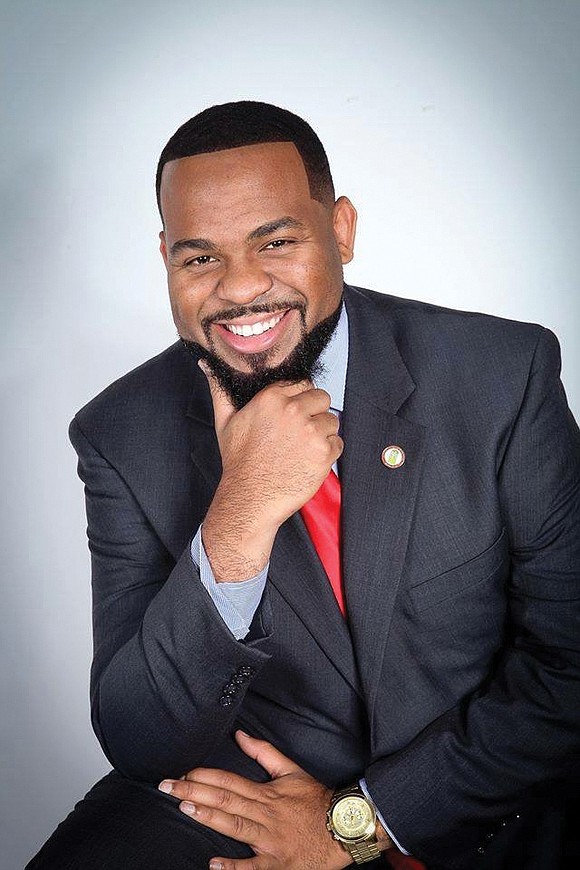Continuous traumatic stress disorder by Taikein M. Cooper
6/18/2020, 6 p.m.
Mental health practitioners define post traumatic stress dis- order, or PTSD, as a traumatic event that causes strain for an indefinite amount of time.
As we continue to see the murders of unarmed black men and women at the hands of police officers, we cannot say that Black America has PTSD. Black America has continuous traumatic stress disorder, or CTSD, and we all need therapy.
CTSD is triggered by a series of traumatic events that cause strife and strain for an indefinite amount of time. It’s especially heinous and unnatural to be continuously subjected to black death at the hands of those sworn to protect us.
Since the public lynching of George Floyd, I’ve spent an inordinate amount of time processing our collective pain, strategizing and trying to find the words to convey my feelings of grief, trauma, frustration and fear. I found myself reflecting on other police brutality cases that have transpired during my life.
As a toddler, I remember hearing my father say that Rodney King could’ve been him.
My parents gave me “the talk” after seeing 19 bullets pierce the body of Amadou Diallo when he reached for his wallet. Bachelor parties never fail to make me think of Sean Bell. Even in 2020, New Year’s Eve made me leery because of Oscar Grant. I haven’t purchased Skittles since Trayvon Martin was killed. The list goes on and on.
Some of what should have been my most celebratory moments in life have been marred by the existential threat of my becoming the next hashtag all because I am a black man.
The great writer and activist James Baldwin said, “To be a Negro in this country and to be relatively conscious is to be in a rage almost all the time.” While I agree with Mr. Baldwin often, I have a new proclamation: “To be black in this country and to be relatively conscious is to be in pain almost all the time, the pain inflicted by continuous traumatic stress disorder.”
The demonstrations that have transpired during the past few days are poignant and symbolic. They aren’t exclusively about the senseless murder of George Floyd. These demonstrations are about Black America being continuously crushed under the proverbial knee of oppressive systems and people.
As a black man from Farmville, Va., I have been called the n-word. I have been told that I shouldn’t question white folks. I have been told that I want progress too fast. I have been told not to wear a beard because it is threatening. I have been told to use an alias on my résumé because my name is too ethnic. A man even once told me that my body would make a nice landing zone for his bullets. Take a moment and imagine hearing these things all before the age of 30.
My lived experience is not an anomaly. I saw that firsthand working as a counselor. What I have described is just a small part of the pain that black Americans, specifically black men, are grappling with in this country.
Until we truly address the psychological impact of America’s original sin, chattel slavery, including its evolved forms of eugenic sterilization, Jim Crow, unpaid medical contributions, mass incarceration and redlining, America can never live up to her potential.
The writer is executive director of Virginia Excels, a nonprofit education advocacy organization.







